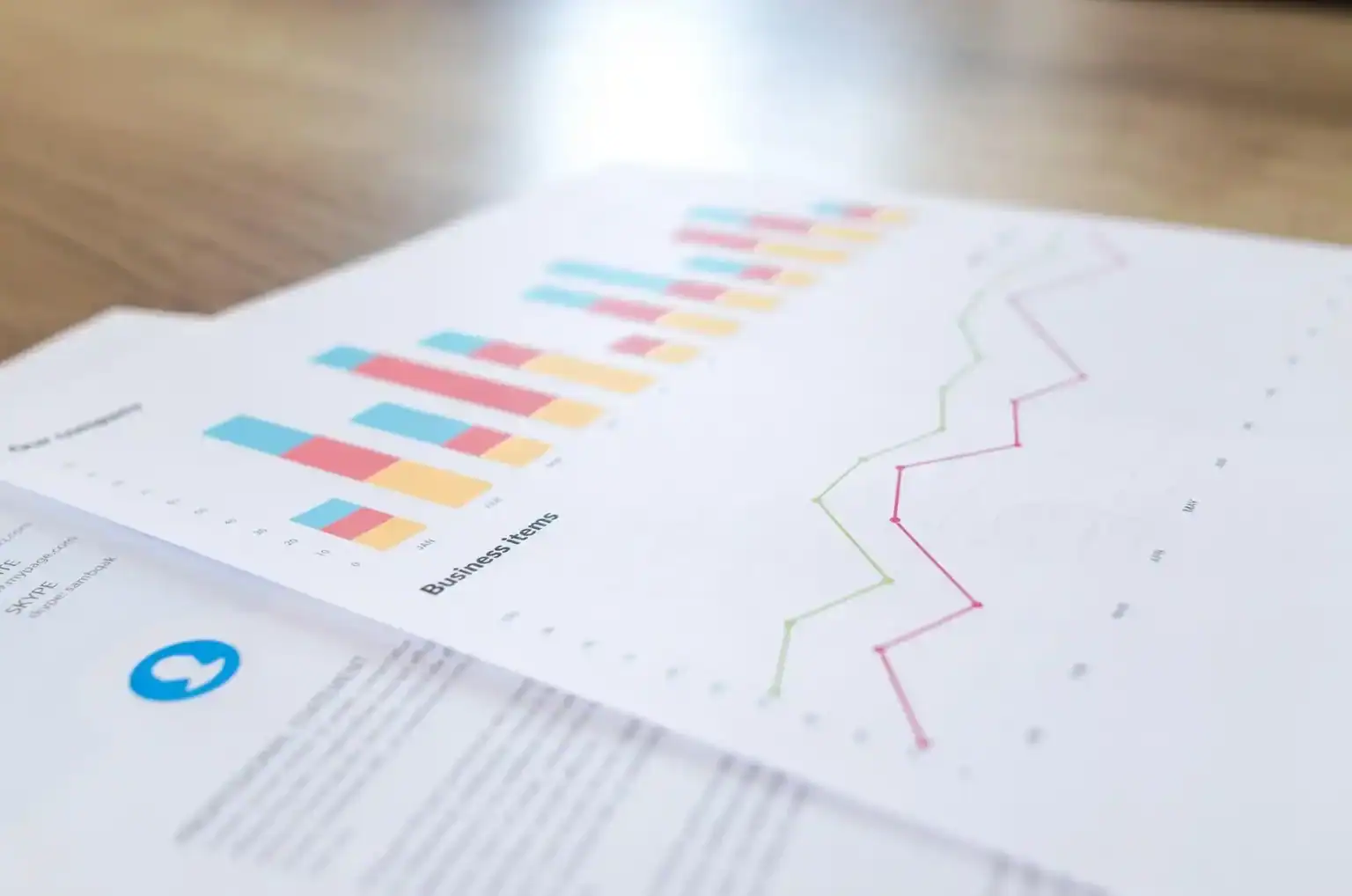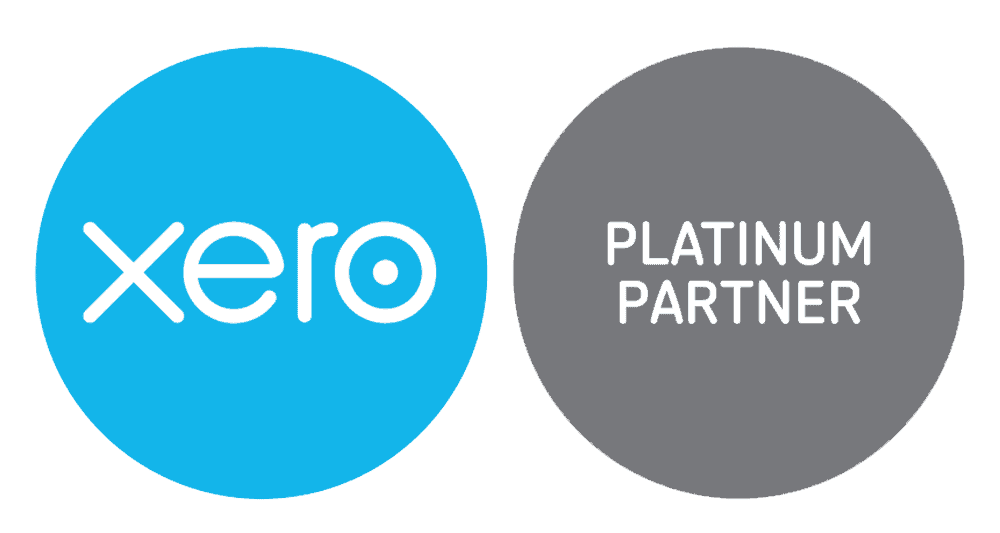Business Times: Paul on ESG Reporting for SMEs
February 19, 2025
As Singapore phases in mandatory environmental, social & governance (ESG) reporting, Paul shares some essential advice for SMEs looking to get ahead of the curve.
SMEs should start ESG reporting before regulation catches up
Starting early will allow resource and time-strapped businesses to take baby steps towards getting their reports right.
By Paul Gardner – Published Wed, Feb 19, 2025

AS LISTED firms in Singapore and Hong Kong prepare to comply withmandatory environmental, social and governance (ESG) reporting in 2025and 2026, small and medium enterprises (SMEs) are not completely off thehook. SMEs in Singapore and Hong Kong that serve listed firms in the US,UK and Australia are already being asked to provide data for theircustomers’ sustainability reporting.
Instead of waiting to play catch up with regulations, SMEs in Singapore andHong Kong should make ESG reporting a priority. A recent survey by theHong Kong Small and Medium Enterprises Association shows close to 85per cent of SMEs agreed good ESG practices increase trust with theircustomers and build a positive brand image. However, the survey alsorevealed that 48 per cent of SMEs have not started their ESG reporting dueto a lack of skills and human resources, while 40 per cent cited a lack ofother necessary resources. Starting ESG reporting early will allow resourceand time-strapped SMEs to take baby steps towards getting their reportsright.
To the untrained eye, ESG reporting seems to involve largely non-financial KPIs. How do we arrive at these numbers? Fortunately, this non-financial information can already be found in an SME’s financial reporting.
Imagine, for a moment, that you own a small-medium cafe business inSingapore that is doing its first ESG report. Perhaps you are shipping milkfrom New Zealand. How much milk are you shipping? How often are youshipping it? Is the milk package recyclable? Is the milk transported by air,sea or both? Where is the milk stored before it gets into the customer’scoffee? How much milk is wasted each month? The answers to these non-financial questions impact your emissions, your carbon footprint andultimately your ESG reporting.
Thankfully, most of the data required for ESG reporting can be found inyour SME’s financial information. If there’s a robust accounting system inplace, the financial data from your supplier invoices, logistics and salessystems should provide you with some of the ESG information you need.
As an accountancy firm owner who serves clients in both Hong Kong andSingapore, I find that the real challenge for most SMEs with ESG reporting isthe state of their financial information. Most SMEs are resource and time-strapped, and admittedly financial accounting is not a top priority.
Without a good accounting system in place, there are gaps in financial information, which lead to a lack of non-financial information required for ESG reporting. This is why SMEs need to start ESG reporting now. This gives SMEs the advantage of taking baby steps to figure out the requirements in the reporting, their data gaps, and get their accounting system in order.
Beyond compliance, ESG reporting gives SMEs the opportunity to take a good look at how to reduce costs while reducing their carbon footprint. Going back to our example of being a café owner in Singapore, our ESG reporting may find that importing milk from New Zealand leaves a large carbon footprint. Perhaps sourcing milk produced in Malaysia or Japan would lower the freight costs, thereby making our business more sustainable while decreasing costs. These baby steps may result in a meaningful impact on your business’ bottom line and sustainability. It is entirely possible for SMEs to increase their profitability and responsibility to our environment at the same time.
If you’re an SME that is looking to start your ESG reporting journey, there are several steps you can take. Several government agencies and business organisations in Hong Kong and Singapore provide good resources on sustainability reporting. And as we have learnt, the quality of financial information is key in ESG reporting. Therefore, equipping your accounting team with the right training and resources will help them get your SME’s financial and non-financial reporting ready for your ESG reports. Singapore SMEs with a million-dollar turnover will have the added advantage of already being able to get some of their ESG reporting information from their regular Goods and Services Tax filing.
The key is to start now and early. Take baby steps towards sustainability reporting while you can. Because sooner or later, either regulation or the customer will be knocking on the proverbial door, with questions about the ethics and carbon footprint of your business (and perhaps your milk).


